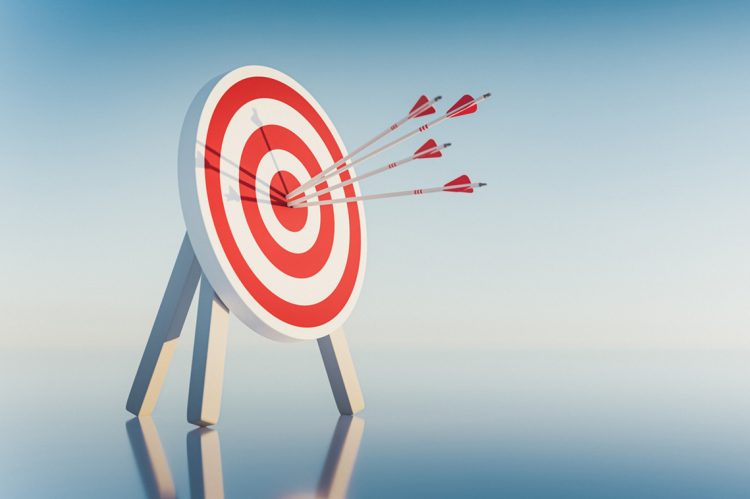Have you ever thought about those common phrases we use in everyday conversations that don’t seem to make sense? “Low-hanging fruit” is one example. Plant experts say fruit that’s higher up on a tree is often exposed to the sun and will ripen faster; low-hanging fruit should be picked last to give it the proper time to develop. Or how about the saying, “cut the mustard”? Mustard seeds are notoriously difficult to chop.
Another common phrase I encourage you to question is: “Practice makes perfect.”
Famed football coach Vince Lombardi debunked that one when he said: “Practice does not make perfect. Only perfect practice makes perfect.”
Hence the aptly named pregame “perfection drill.”
“Perfect practice makes perfect” is a fascinating concept to think about; imagine being a piano player and practicing a scale incorrectly. You can play that scale 5,000 times every day for a week and yet, you’ll only be mastering your mistakes, and getting nowhere near that elusive state we call “perfection.”
Growing up dyslexic, I experienced this first-hand. I had a hard time spelling as a kid and in school, I misspelled the word “which,” instead writing “witch.” My teacher told me I had to write out the word 100 times … so I wrote “witch” 100 times. When I was finished, she showed me the proper way to write the word and I had to write it “which” 100 more times. That was my perfection drill!
This applies to anyone in any field. If you’re a basketball player, a football player, a tennis player, or a sales professional and you’re using bad form, ineffective techniques or miscalculated theories, you’re only reinforcing bad habits and getting nowhere near perfection. As Atomic Habits author James Clear once said: “You do not rise to the level of your goals. You fall to the level of your systems.”
But if the system you’ve enacted is faulty, you’ll never get off the ground.
“Perfect practice makes perfect” is another reason it’s so important to have mentors and coaches, those people guided by experience and wisdom to correct your missteps and put you on that path toward perfection. Sometimes, we can’t see the mistakes because we’re too close to them. A writer may not be able to spot a typo because they’ve read the sentence too many times; their brain literally skips over it. But an editor can see that typo right away; they haven’t been practicing the imperfect way of reading the sentence.
On the flip side of all this, is The Perfect Practice, which does get you that much closer to achieving your goals. In Malcolm Gladwell’s Outliers, the author popularized the idea that it requires at least 10,000 hours of practice at something to become an expert.
So, what’s the message? Practice does not make perfect; perfect practice makes perfect. Before you practice anything, make sure what you’re reinforcing from action into habit is the very thing that will bring about – and not counteract – the perfection you seek. It’s an important lesson, witch (which) I learned the hard way.
P.S. Remember last week’s post when I wished you a happy (real estate) new year? Well, let’s check in on your scheduling progress. Did you schedule yourself out for the rest of 2022? Let me know!
This article is adapted from Blefari’s weekly, company-wide “Thoughts on Leadership” column from HomeServices of America.












